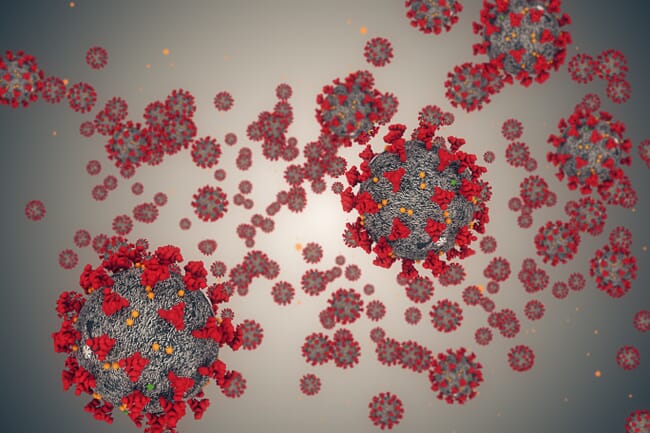Researchers at Monash University, in Melbourne, have shown that the antiparasitic drug can reduce and kill the SARS-CoV-2 virus, the causative agent of COVID-19, 48 hours after exposure. The trial demonstrated that a single dose of Ivermectin could stop SARS-CoV-2 growing in cell culture.

Though this sounds promising, health authorities are warning people against self-medicating with Ivermectin, as it could be fatal. The current research has not provided any information on appropriate dosage or delivery. Additional trials need to be carried out in humans before Ivermectin can be safely used.
Dr Kylie Wagstaff, who led the study, explains, “We found that even a single dose could essentially remove all viral RNA by 48 hours and that even at 24 hours there was a really significant reduction in it.
“Although the mechanism by which Ivermectin works on the virus is not known, it is likely, based on its action in other viruses, that it works to stop the virus ‘dampening down’ the host cells’ ability to clear it.”
Using Ivermectin to combat COVID-19 depends on the results of additional pre-clinical tests and clinical trials and Dr Wagstaff says that funding is urgently needed to continue research into this field.
Background
Ivermectin is a common veterinary drug, killing a wide range of internal and external parasites in livestock and companion animals.
It was previously used to treat salmon against sea lice but issues with the withdrawal period meant that the salmon sector moved to a second generation of avermectins - emamectin benzoate, the active ingredient of SLICE.
The drug is also used in human medicine to treat other parasitic infections like headlice and river blindness. Since Ivermectin is included on the WHO model list of essential medicines, it is widely available and is an excellent candidate for re-purposing for other treatments.
Researchers have shown that the drug has strong anti-viral potential during in vitro trials – targeting both DNA-based and RNA-based viruses and inhibiting their replication. However, this in vitro efficacy hasn’t always translated in human trials.


